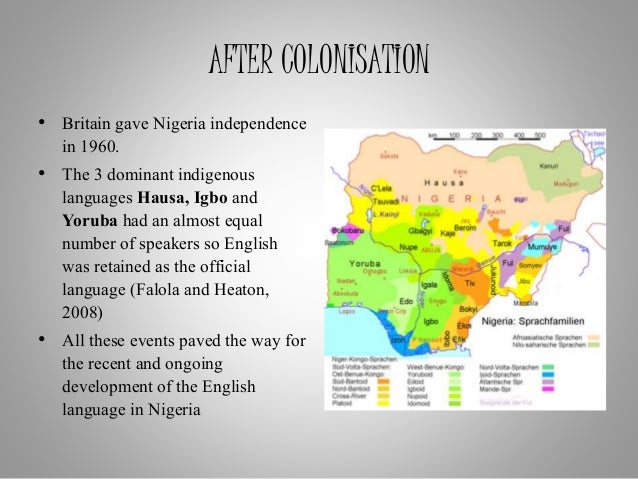Nigeria has more english speakers than the united kingdom

Nigeria has more English speakers than the United Kingdom.

English, a global language spoken by millions around the world, has become one of the most influential means of communication. While it is widely known as the native language of the United Kingdom, many people may be surprised to learn that Nigeria actually boasts a larger population of English speakers than its British counterpart.

Nigeria, a diverse country located in West Africa, is home to over 190 million people. Due to its colonial history under the British Empire, English became the lingua franca and a unifying language within the country. It is estimated that approximately 79 million Nigerians speak English, either as their first language or as a second language. This surpasses the estimated 67 million English speakers in the United Kingdom.
Nigeria’s English-speaking population is a direct result of its historical ties to the British Empire. During British colonization, the English language was introduced to Nigeria and gradually spread throughout the country. Today, English is widely used in government, education, media, and various other sectors. It serves as a bridge between the numerous ethnic groups and languages spoken within Nigeria, enabling effective communication and fostering unity.
The prominence of the English language in Nigeria can also be attributed to the country’s thriving literature and entertainment industries. Nigerian authors, such as Chinua Achebe and Chimamanda Ngozi Adichie, have gained international recognition for their works written in English. Nigerian music, movies, and television shows with English subtitles have gained popularity not only in Nigeria but also across the African continent and beyond. These cultural exports have further contributed to the widespread use and understanding of the English language in Nigeria.
Despite Nigeria’s English dominance, it is essential to acknowledge the rich linguistic diversity within the country. Nigeria is home to over 500 distinct languages, making it one of the most linguistically diverse countries in the world. English serves as a unifying language but does not replace the importance and value placed on native languages and cultural heritage. Nigerians strive to preserve and promote their local languages alongside English, celebrating the uniqueness of their linguistic tapestry.
In conclusion, Nigeria’s population of English speakers surpasses that of the United Kingdom. This fact highlights the influence of historical ties, literature, entertainment, and the use of English as a unifying language within Nigeria. The widespread use of English in Nigeria contributes to effective communication and serves as a testament to the country’s linguistic diversity and cultural heritage.
Source: Lingualinx
Tags
Share
Related Posts
Quick Links
Legal Stuff

